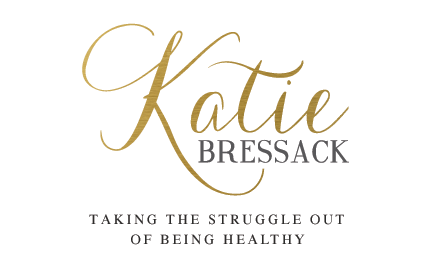Studies have shown that a glass or two of red wine can lower your risk of cancer, heart disease, diabetes and other illnesses.
I look forwa rd to having my glass of red wine on the weekends and wanted to learn more about it’s benefits so I chatted with Abby Anderson, a representative of Perfecta Wine Company, a wine and liquor distributor and importer based in New Hampshire.
What is it about wine that makes it healthy?
Life is about balance, so a glass or two per day of age-old fermented grape juice everyday is perfectly acceptable in the medical field. Red wine in particular helps prevent heart disease due to the procyanidins in its tannins. Tannins come from the skin of grapes and are what makes some reds taste gritty – consider what you feel when eating a handful of grapes. When chewing just the skin, the juice is gone but you taste a gritty, dried out feeling in your mouth. Tannins make this reaction (when making red wine the vintner keeps the skins in during the fermentation process, while white wine is make without the skins. Therefore red wine often has more beneficial health aspects than white wine, which does not have the skins in during the wine making process).
Aside from heart disease, wine also has been found to reduce the risk of heart attacks, strokes, memory loss and diabetes. Truly, this is a natural and healthy drink with age-old medicinal qualities. In a world full of processed food and drink, the process of wine-making has stayed surprisingly the same through the ages.
Since ancient times, fining agents have been added to a barrel or tank of wine to help clarify and stabilize the wine. They drift through the wine, pick up solid matter, and eventually sink to the bottom of the container. Common fining agents include hydrolyzed wheat gluten isolate, pea protein isolate, casein (milk protein), gelatin, egg whites, fish glue, and natural bentonite clay. Once the fining agent settles at the bottom, the clarified wine is siphoned off the top, leaving behind the residue, which is discarded. Although no trace of these products is found in the bottled wine, some consumers may object to their use. Clay fining should pose no problem for people with wheat or gluten allergies, celiac disease, lactose intolerance, or for people who have chosen vegan lifestyles.
The rule is that you don’t want the wine to be bigger than the dish, so when taking red meat out of the equation in particular, big wines like Cabernet and Tempranillo, anything with big tannins, go out the window too. Trying pairing a Pinot Grigio with a caesar salad, Chianti with a linguine and pesto sauce, or, my particular favorite, Riesling with a spicy Pad Thai dish. These wines compliment the dishes by playing with the spices and weight of the dish to amplify both the food and the wine. When you get a great pairing it’s amazing how much better both can taste!
How do you incorporate health when you are educating people about wine?
It’s not difficult to convince people to drink wine because the vast variety of reds, whites and blushes is enough for anyone to find something they like. But for a select few they choose to have a glass a day for health reasons – I find particularly in health food stores they are looking for a reasonably priced, nice tasting organic, sustainably grown red wine. American wines are great about putting this information on the label, but be forewarned that when it says ‘made with organic grapes’ this doesn’t necessarily make it organic wine, but simply means they didn’t use pesticides or any other chemicals when farming the grapes. Now the opposite rule applies for old world wines, in that they wouldn’t display their organic production on the label, but just because it’s not on there doesn’t mean it’s not – most are made organically and sustainably due to often strict wine-making laws (in France and Italy particularly) and amount of centuries farming the same land – how else would they be able to produce potent fruit for arguably the best wines in the world?
What are some of your favorite wines?
Finding a great wine comes down to personal preference, and when finding a varietal you like be confident in what your taste buds enjoy. If is a robust and dry red or a fruity white, there hundreds of choices for you, so take pleasure in continuing trying different wines and building your knowledge. In terms of organic, sustainable wines I’m a fan of Stellar Organics in South Africa, the largest producer of organic, commercially viable no-sulphur-added wines in the world. They have a wonderful Shiraz and Cabernet Sauvignon. Their Live-a-Little Ravishing Red and Wicked White blends are fun, affordable, and most importantly delicious!



.png)
.png)
.png)